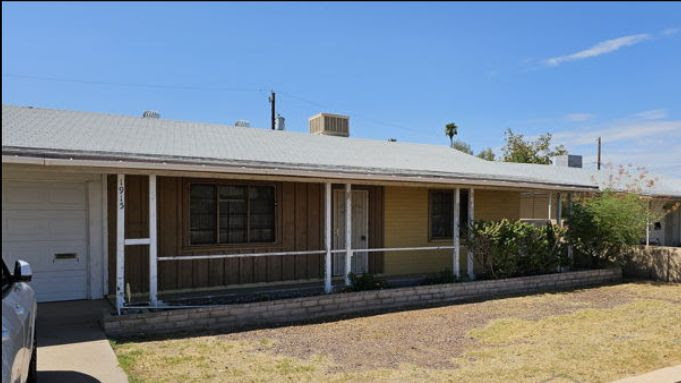The looming shadow of foreclosure is a situation no homeowner wants to face. It can feel like a race against time, with financial pressures mounting, and the prospect of losing one’s beloved home becoming increasingly real. Yet, many homeowners find themselves asking, “Can I sell my house before foreclosure?” The answer, in many cases, is yes. In this guide, we’ll delve into the intricacies of the foreclosure process, your options, and the importance of acting swiftly.
Understanding the Foreclosure Process
Foreclosure begins when a homeowner defaults on their mortgage payments. Typically, once a few payments have been missed, the lender will issue a notice of default. If the homeowner doesn’t address this default – by catching up on payments, negotiating with the lender, or selling the property – the foreclosure process progresses, culminating in the lender taking possession of the property.
Why Consider Selling?
To avoid foreclosure, selling the house is often the most direct strategy. This can preserve your credit history and prevent the long-term consequences of a foreclosure on your credit report. If you manage to sell your house before the foreclosure process completes, it can prevent the lender from repossessing your home. Additionally, selling provides a proactive approach, empowering homeowners to control their financial destinies.
Selling Your Home Before Foreclosure
When considering selling your home to stave off foreclosure, time is of the essence. You have the option to sell in a standard real estate transaction or through a short sale if you owe more than the house is worth.
– Standard Sale: If you have equity in your home (meaning the house is worth more than what you owe), you can list the property through a real estate agent. This is the traditional way to sell your house, but it requires you to have a good understanding of your local property market.
– Short Sale: In cases where the home’s value has dipped below what’s owed on the mortgage loan, a short sale becomes an option. Here, the lender agrees to accept a sale price that’s less than the balance owed on the mortgage. While a short sale can be a viable solution to avoid foreclosure, it’s essential to understand how short sales work.
Navigating the Short Sale Process
A short sale typically starts with the homeowner listing their home and indicating that it’s a short sale. The homeowner should then contact their mortgage lender to ascertain if they’d approve a short sale, given a buyer and an agreed-upon price. Lenders have a say in this process, and their agreement is crucial since they stand to take a loss.
Benefits of Selling Before Foreclosure
Selling a home pre-foreclosure presents several advantages:
- Credit Preservation: A foreclosure can remain on your credit report for up to seven years, significantly affecting your ability to secure loans or housing in the future. Selling helps to mitigate this.
- Potential to Avoid Deficiency Judgments: If a foreclosed home sells for less than what’s owed, lenders can sometimes seek the difference from the borrower – this is known as a deficiency balance. By selling the house yourself, there’s a better chance to control the sale price, potentially avoiding these judgments.
- Faster Recovery: Without a foreclosure on your credit history, you can bounce back faster, re-entering the housing market sooner than you would post-foreclosure.
- Peace of Mind: Taking proactive steps can alleviate the stress and uncertainty that accompanies foreclosure threats.
Seeking Assistance and Exploring Alternatives
It’s essential to act quickly when facing foreclosure. Engaging a skilled realtor with experience in pre-foreclosure sales can provide invaluable guidance. They can assist in pricing the home effectively, negotiating with lenders, and ensuring a smooth sales process.
Beyond selling, other
options can help homeowners manage their financial hardship:
– Loan Modification: Lenders might offer a change in the mortgage terms, making it more manageable for homeowners to meet their monthly mortgage payments.
– Refinancing: This involves replacing the existing mortgage with a new one, potentially at a lower interest rate or with more favorable terms.
– Bankruptcy: As a last resort, filing for bankruptcy can halt the foreclosure process. However, this comes with its challenges and should be pursued after thorough consultation with a financial advisor.
Final Thoughts
Facing the possibility of foreclosure is undoubtedly challenging. Yet, when equipped with the right knowledge and a proactive mindset, homeowners can navigate this rough terrain. By understanding your options and seeking expert guidance, you can answer the pressing question, “Can I sell my house before foreclosure?” with confidence and clarity.

